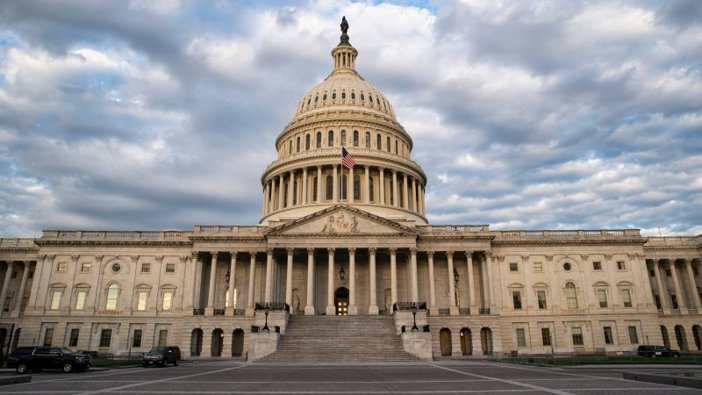
Senate Pushes Back on Trump Tariffs
President Donald Trump's aggressive trade policies encountered fresh resistance in Congress as the United States Senate voted to challenge one of his key tariff decisions. On Tuesday evening, senators approved a Democrat-led resolution opposing the president’s tariffs on Canadian imports by a narrow 51–48 vote.
The bipartisan resolution targets Trump’s Canada-specific tariffs, part of his wider protectionist approach under the “Liberation Day” trade framework. While the White House defends the measures as essential to protecting U.S. industries and ensuring fair trade, critics argue that the tariffs raise costs for American consumers and disrupt long-standing alliances.
Notably, four Republican senators broke ranks with their party leadership to support the resolution. Among them were Senators Susan Collins of Maine, Lisa Murkowski of Alaska, Mitch McConnell of Kentucky, and Rand Paul of Kentucky, who also co-sponsored the measure. Their defection signals growing unease within the GOP about the long-term implications of the administration’s tariff policies.
The resolution now heads to the House of Representatives, where its prospects remain uncertain. Still, the Senate vote marks a significant moment of bipartisan opposition to Trump’s trade agenda, especially as more lawmakers express concern that tariffs may be harming U.S. businesses more than helping them.
Earlier in the day, Senate leadership circulated a whip notice indicating the vote would take place at 6:45 p.m. ET. The debate leading up to the vote highlighted the growing divide between those who view tariffs as a necessary strategic tool and those who believe they damage the U.S. economy and global standing.
While the vote focuses specifically on Canadian imports, the implications reach much further. Many lawmakers, including some Republicans, have begun to question the broader logic of the administration’s expanding tariff regime. Trump’s trade approach has triggered international pushback and domestic debate, as allies and rivals alike react to new trade barriers.
As the resolution moves to the House, it remains to be seen whether the legislative challenge will gain enough momentum to alter or halt the administration’s current trajectory. For now, the Senate’s rebuke sends a clear message: growing segments of Congress are ready to push back on presidential trade authority when economic consequences are at stake.






